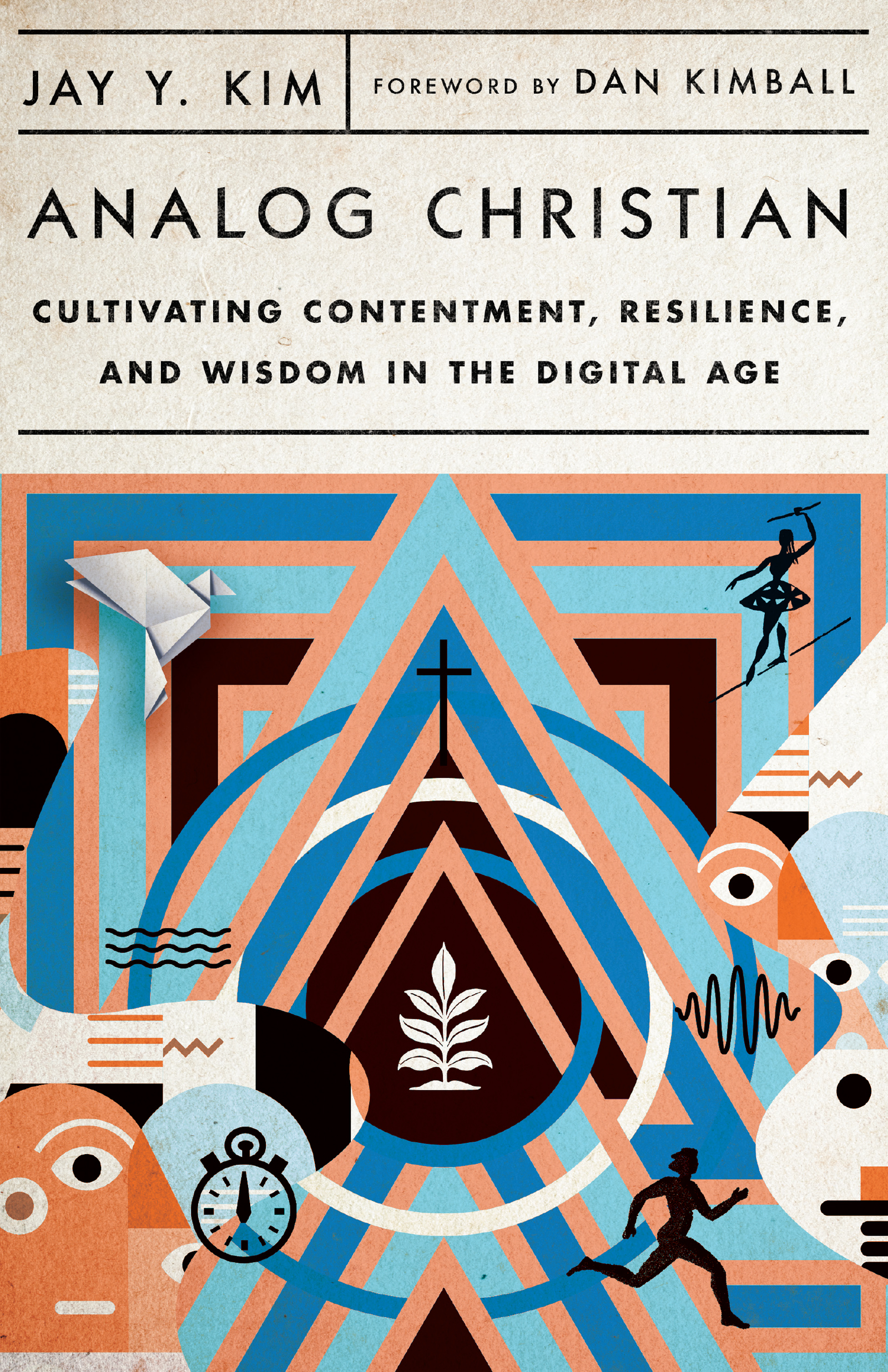3 Practices to Cultivate Contentment in the Digital Age

The term “hedonic treadmill” has been used over the years in the world of psychology to describe the never-ending, inevitably futile search for contentment through pleasure. In the modern world, and especially so in the developed world, many have bought the lie that to be content is to always look good and feel good. Digital technologies, and social media, in particular, have amplified and perpetuated this myth. Our incessant scrolling, swiping, and clicking have become our undoing, as we find ourselves mired in an infinite loop of comparison, leading to contempt, and eventually giving way to utter despair. But God is inviting us to a different sort of life. Here are three practices to cultivate contentment in the digital age.
You Don’t Really Want What You Think You Want
Why do you want the things you want?
That car.
That cat.
That house.
That spouse.
Why? Where does the desire come from? The writer Luke Burgis, borrowing from the work of 20th-century French philosopher Rene Girard, notes that much of human desire is not birthed from within but rather, crafted and curated by external forces. They are, in the words of Girard, “mimetic” desires, as in “mimicry.” According to Burgis, “The value of objects is not objective—it’s subjective… we assign value to things (and therefore desire them) according to what other people want.” So again, why do you want the things you want? If it’s the normal stuff of life and culture, there’s a good chance you want them because others want them too; or already have them.
One of the ways to move toward contentment is to expose our mimetic desires. Naming them is a way of disempowering them of the stranglehold they often have over us.
“I think I actually want that car because he wants that car.”
“I think I actually want that cat because she has that cat.”
“I think I actually want that house because he wants that house.”
“I think I actually want a spouse because she has a spouse.”
The Psalmist writes in Psalm 37:4, “Take delight in the LORD, and he will give you the desires of your heart.” This is the path to contentment. By reorienting our desires toward God himself, we position and posture ourselves to receive exactly what we long for. Another way to read this line of the psalm might be, “Desire God and get exactly what you desire.” But we have to be honest with ourselves. God isn’t necessarily the deepest desire of our hearts most of the time. This is where a life of worship is so critically important. As the writer James K.A. Smith notes, “Worship is the arena in which God recalibrates our hearts, reforms our desires, and rehabituates our loves.”
Worship reorients our desires. We desire God. We get God.
This is one of the first and primary practices leading to contentment in the digital age.
The Liberation of Limits
One of the most overlooked and yet dangerous aspects of the internet is its infinite expanse. The web is a place with no limits, a vast and endless sea of content, growing ever wider and ever deeper, by the second, it seems. But a lack of limits isn’t freeing, as one might assume. A lack of limits is, in fact, paralyzing. A number of research studies have shown that when young children are placed on a playground with no fixed boundaries, they tend to play in one fixed location. But when placed on a playground with clear boundaries, they tend to run free within the boundaries, moving about with confidence within the safety of their limits.
The average smartphone user spends 3 hours a day on their phone, unlocking it 150 times a day. More than 80% of Americans admit that they’d have a difficult time going a full day without their smartphone. Nearly 90% of Americans admit that they check their phone within an hour of waking and within an hour before going to bed. We are addicted to our digital devices. The word “addict” comes from a Latin root word meaning “slave.” Our addiction is enslavement. The lack of digital limits in our lives has imprisoned us in a cell of ones and zeroes.
Prisoners are never content. Limits can liberate us from our enslavement. Committing to digital sabbaths can be a tremendously helpful way to limit digital use and thus, find freedom leading to contentment. The writer Andy Crouch suggests one hour a day, one day a week, and one week a year, when we unplug and experience life completely and totally unmediated by the digital. This is a practice I’ve tried implementing in my life and it has led to greater and deeper levels of contentment.
Embrace Weakness
Paul wrote his letter to the Philippians while under house arrest in Rome. It is a prison letter. As we’ve already established, prisoners are rarely content. But Paul is the exception. In Philippians 4:11, he writes, “I have learned to be content whatever the circumstances.”
Whatever the circumstances.
This is a direct confrontation to the ethos of the digital age, and social media in particular, where keeping up appearances is (almost) everything. In search of digital clout and more likes, retweets, and shares, we carefully, methodically, and effortfully manufacture particular narratives and personas online. We manufacture our online circumstances, believing that the resulting social media buzz will make us content. But Paul has a completely different view.
I know what it is to be in need, and I know what it is to have plenty. I have learned the secret of being content in any and every situation, whether well-fed or hungry, whether living in plenty or in want. I can do all this through him who gives me strength. - Philippians 4:12-13 NIV
Even in hunger and need, Paul discovered the secret to contentment—that God strengthens us, even in our weakness and in our lack, even when our real lives don’t look anything like the glossed-up Instagram lives of others. This is why Paul, in his letter to the Corinthians, writes, “I will boast all the more gladly about my weaknesses, so that Christ’s power may rest on me. That is why, for Christ’s sake, I delight in weaknesses, in insults, in hardships, in persecutions, in difficulties. For when I am weak, then I am strong.” (2 Corinthians 12:9-10 NIV)
On the internet, weakness must be hidden by the shallow and thin veneer of strength. But contentment in the digital age is found in embracing our weakness, admitting our flaws, being honest about hardships and difficulties, and ultimately, delighting in the way they draw us closer to Christ, who is our strength, through whom everything is possible.
Photo Credit: ©Getty Images/Sitthiphong


@jaykimthinks
Originally published August 29, 2022.





